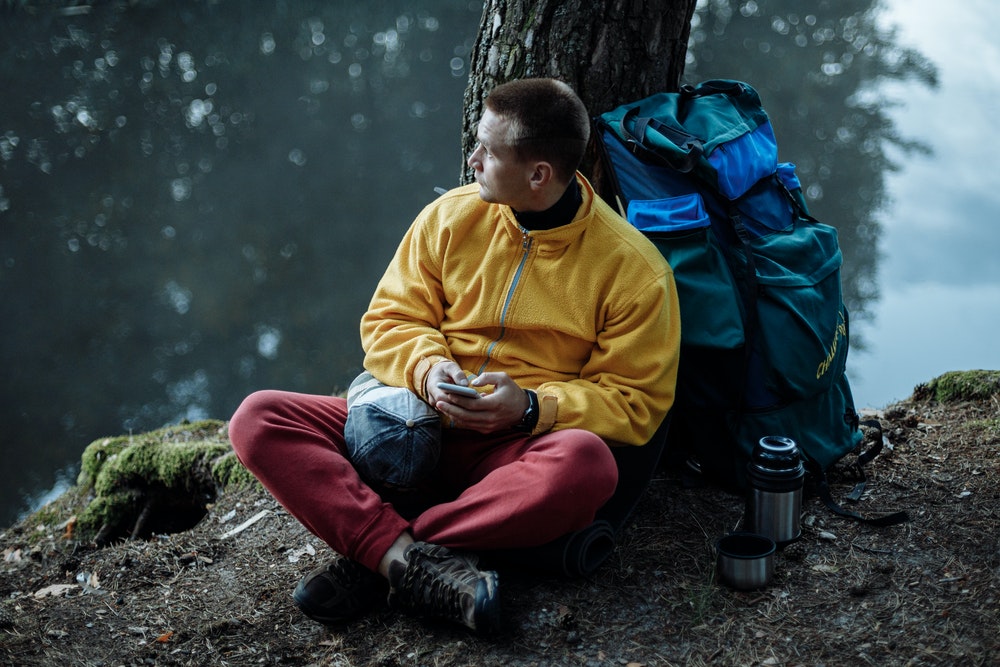Much of what people do when they go out are causing waste and harm to the environment. Road trips, trekking, jogging, and camping are all fun, but they normally create a lot of trash. If not properly disposed of, garbage will end up in nature where it can trap or be eaten by wild animals.
It is a serious problem, but people should continue going outside. Being involved in outdoor physical activities benefits one’s physical and mental health. There is, however, some things that you can change in your habits in order to protect the environment from destruction.
Becoming zero-waste, a lifestyle that aims to reduce the amount of trash produce day to day, is increasingly more popular, especially among people who love the great outdoors. It allows people to enjoy nature without causing damage and harm to it.
It is also easier and more affordable than you think.
Eco-Conscious Products: Accessible and Affordable
Most people have been hesitant to adopt an environmentally-friendly lifestyle because goods that are packaged in single-use plastic are cheap and are found everywhere. However, it is easier nowadays to find products that are packed in paper, cardboard, glass bottles, or do not have packaging at all.
There are many lifestyle and gift shops that carry soaps, shampoos, bug sprays, sunscreen, toothbrushes, and many others that are not harmful to nature and its inhabitants. In most cases, these products are handmade and have simple ingredients, making them less expensive than what is regularly available in supermarkets.
Food and Water at the Campsite
Bringing food and water to the campsite is a challenge, but not entirely impossible. Seasoned campers who have been doing zero-waste camping for a while suggest that people create meal plans for the duration of the activity. This will allow them to bring only what is necessary as well as prepare the meals beforehand.
Meals can be placed in reusable containers to increase their shelf-life. Snacks, too, can be zero-waste. Instead of heading to the supermarket where everything is wrapped in plastic, go to farmer’s markets for fresh produce, your neighborhood deli for unpacked meats, and bulk stores for everything else.
Do not forget to bring a cloth bag, silicon zip-locks, glass jars, and reusable beeswax food wraps when you go shopping for groceries to further cut down the amount of plastic that is being used. Utilize everything at home that can be reused over and over again.
When it is time to head to the wilderness, leave the glass containers at home. Although reusable, they are breakable and will be heavy to lug around. If you have reusable plastic containers, that works, too. Although plastic, it is still better than anything that is designed to be single-use.
For water, there are two options. The first one is bringing your own reusable water bottle that you can refill on-site. It will be easier than carrying piles of bottles to your destination. If you do not expect to see potable water on-site, there are water bottles that have built-in mechanisms that can filter any dirt, debris, and any harmful contaminants from tap or groundwater, making it safe to drink.
What About Gear?

Campers are recommended to rent or borrow the equipment they need instead of buying, especially if they do not go out very often. However, those who want their own gear can always scour the thrift shops in the area. Usually, you can find second-hand stuff that is barely or not used at all.
Those who still want to buy new can do so, but remember to invest in pieces that are meant to last. Buying cheap that you would only throw after one or two uses is not friendly to the environment either. Although more expensive, quality products make more sense economically and environmentally.
Be Mindful of Where Your Garbage Ends Up
No one is perfect. No matter how much effort you make, your camping will end up creating some sort of garbage. Your food scraps, recyclable packaging, and others should be thrown away properly.
That is why bringing containers for trash should be the norm. There should be separate containers for biodegradable and non-biodegradable waste.
Those that can be recycled will be packed and then properly disposed of at home. The rule is, whatever you brought to the campsite should be packed away and carried back to where you came from. You leave nothing on-site.
Biodegradable waste should be brought back home, too. A sealed container can be used to transport any food scraps from the campsite to your home where you can compost it. Throwing it in the campsite might endanger the lives of the wild animals that may eat them. Although they will degrade eventually, it is better to bring your food scraps back home with you.
Camping is fun, but it should not be the reason why nature is destroyed. While it is unavoidable to create waste, there are numerous things that you can do to minimize and completely eliminate the garbage that ends up in nature.

